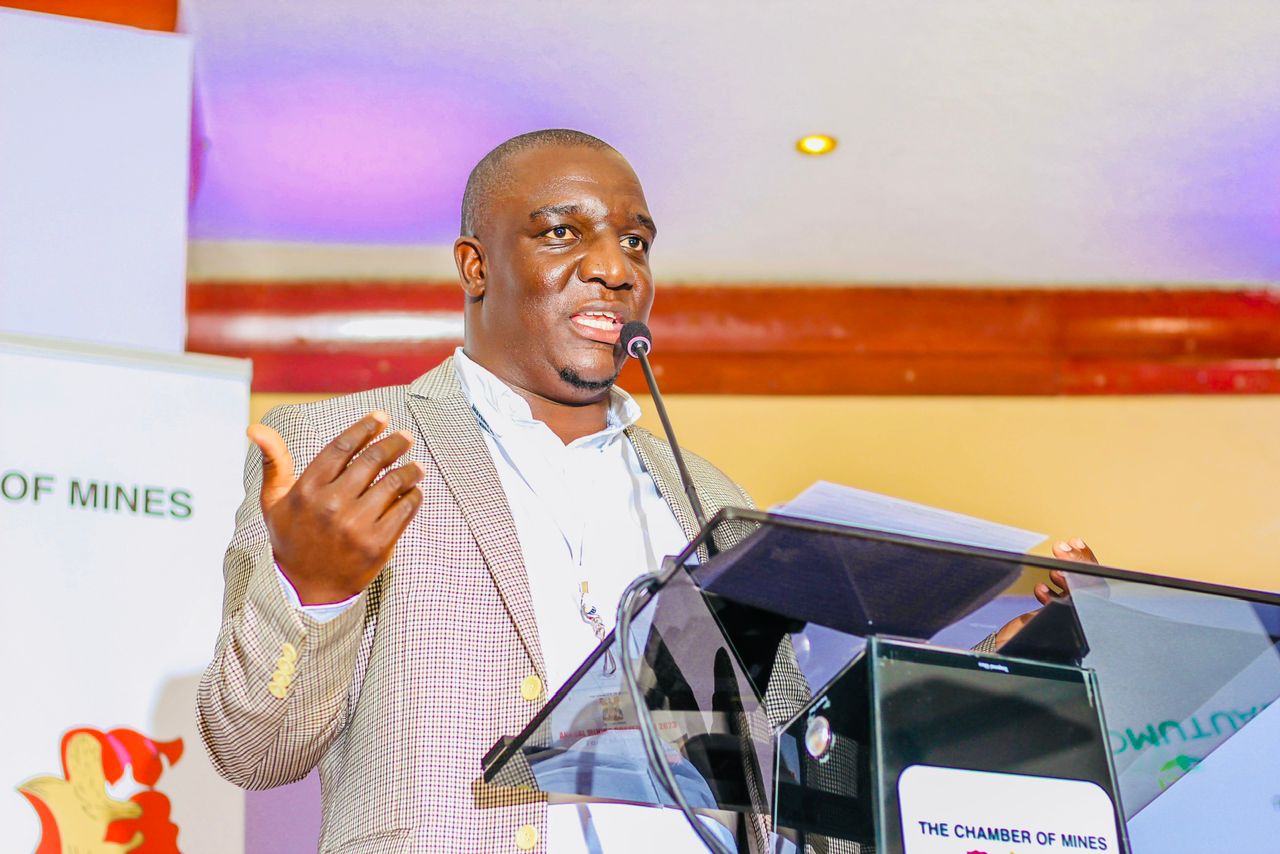Despite Zimbabwe’s vast mineral resources, including some of the world’s largest lithium reserves—a critical component in the global shift towards renewable energy and electric vehicles (EVs)—the country has yet to capitalize fully on this potential. This shortfall is largely due to the lack of a comprehensive strategy to manage and maximize the benefits of these resources, Mining Zimbabwe reports.
By Rudairo Mapuranga
This was the central message delivered by Farai Mutondoro, a renowned expert from the Africa Institute for Environmental Law, during his presentation at the Zimbabwe Alternative Mining Indaba (ZAMI) 2024.
According to Mutondoro, while the country possesses abundant critical minerals, it struggles to meet basic energy demands. Lithium, expected to drive global energy transformation, is being exported to countries like China, yet Zimbabwe itself remains hamstrung by energy poverty.
“We are producing lithium and exporting it to China, but Zimbabwe suffers from energy poverty,” Mutondoro noted. “Our electricity generation capacity is 1,500 megawatts, while demand is around 2,200 megawatts.”
The lack of energy infrastructure has become a bottleneck not just for households but for industries that require stable power supplies to operate efficiently.
This energy crisis, according to Mutondoro, limits Zimbabwe’s ability to process its minerals domestically, forcing the country to export raw minerals without adding local value—an approach that forfeits job creation and economic growth.
One of the most glaring oversights in Zimbabwe’s current approach to mining is the failure to focus on local value addition and beneficiation. Rather than exporting unprocessed lithium, Zimbabwe could develop industries that produce high-value products like batteries for electric vehicles or energy storage solutions.
“The export of raw lithium means we are missing out on the broader value chain,” Mutondoro said. “This sector could generate employment, drive industrialization, and transform the national economy.”
Global demand for lithium and other critical minerals is expected to soar over the next few decades, driven by the growing adoption of clean energy technologies. For Zimbabwe, this presents both an opportunity and a challenge. If the country can build the necessary infrastructure, establish regulatory frameworks, and secure investments, it could become a major player in the global green energy economy. However, without a coherent strategy, Zimbabwe risks remaining a supplier of raw materials, with limited benefits for the local economy and population.
While the potential economic benefits of mining critical minerals like lithium are undeniable, Mutondoro warned against ignoring the social and environmental costs associated with extraction.
“The current extraction of lithium in Zimbabwe is not clean and does not respect the rights of communities,” he pointed out. “Displacement has become the norm when mining companies arrive, and free, prior, and informed consent of communities is often ignored.”
Poorly regulated mining operations can have devastating effects on the environment, including deforestation, soil erosion, water contamination, and loss of biodiversity. Communities near mining sites are often hardest hit, facing displacement, loss of livelihoods, and exposure to harmful pollutants. In many cases, the benefits of mining—such as job creation and infrastructure development—are unevenly distributed, with the majority of profits going to foreign companies and a small elite.
Mutondoro’s criticism of the government’s handling of the mining sector was particularly strong regarding the recent decision to ban unprocessed lithium exports.
According to Mutondoro, this move was a reactive response to fluctuating global market prices and lacked long-term vision.
“Zimbabwe lacks a critical mineral strategy. We react to market forces: when prices rise and EV demand surges, we benefit, but when prices fall, we suffer,” he said.
What Zimbabwe urgently needs, according to Mutondoro, is a comprehensive critical mineral strategy—one that balances the economic, environmental, and social aspects of mining. Such a strategy would not only address the country’s energy needs but also ensure that local communities benefit from mineral extraction.
“The paradox of critical mineral endowment and energy poverty in Zimbabwe is stark. Access to energy enables people to meet other needs, such as education and family protection,” he said.
A well-thought-out strategy would prioritize developing local infrastructure to support value addition, invest in renewable energy projects to reduce reliance on fossil fuels and establish regulations that protect communities and the environment. Furthermore, it would create frameworks for local ownership and participation in the mining sector, ensuring that Zimbabweans are not just bystanders in the exploitation of their country’s resources.
Zimbabwe can look to other African nations for guidance. For instance, Botswana has leveraged its diamond resources to become one of Africa’s most stable and prosperous countries. Through strong governance, transparency, and investment in local beneficiation, Botswana has ensured that its mineral wealth benefits not just a few but the entire population. Similarly, Zimbabwe could develop a mineral strategy that ensures long-term, sustainable growth.
Without a critical mineral strategy, Zimbabwe risks missing out on the transformative potential of its mineral wealth. The country stands at a crossroads. With vast reserves of lithium and other critical minerals, it has the opportunity to become a key player in the global clean energy transition. However, this will require a shift in thinking—from short-term profits to long-term sustainable development, from the export of raw materials to local value addition, and from the exploitation of communities to their empowerment.
If Zimbabwe is to avoid the resource curse that has plagued so many resource-rich nations, it must adopt a proactive approach to managing its critical minerals. This means developing a comprehensive strategy that addresses not only economic issues but also environmental sustainability, social justice, and energy security. Only then can Zimbabwe fully harness the potential of its mineral resources and ensure a prosperous future for all its citizens.




